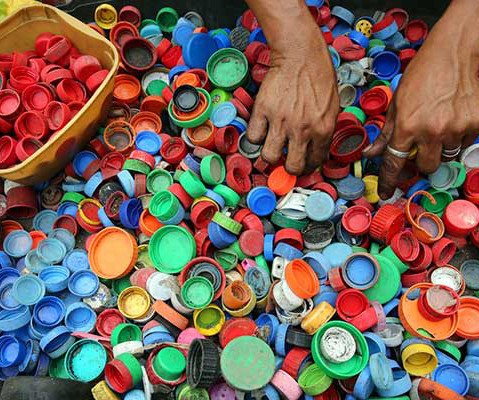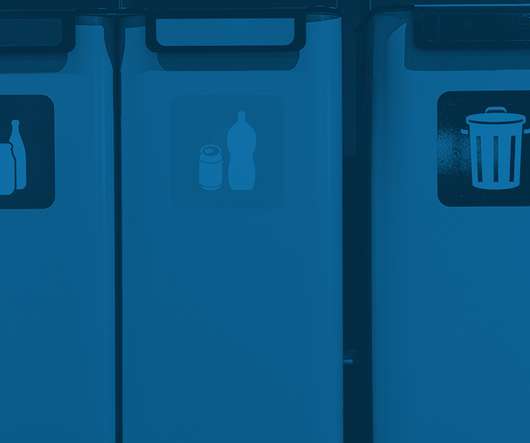Latest and Greatest Recycling Technologies
GreenTech Gazette
MARCH 1, 2023
Biological recycling: Biological recycling, also known as biorecycling or biodegradation, is a process that uses microorganisms to break down organic waste into compost or biogas. This technology can help reduce contamination in the recycling stream and improve recycling rates.














Let's personalize your content